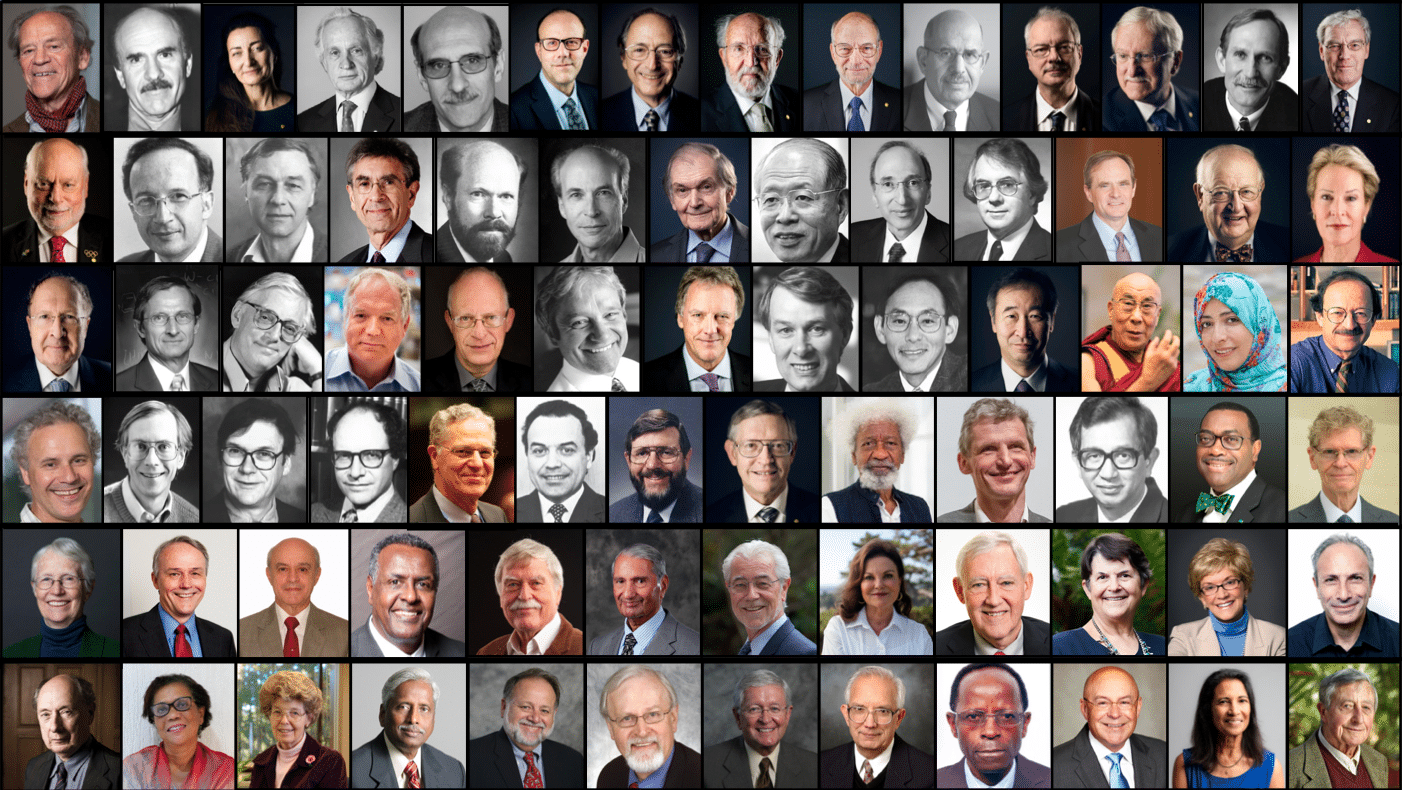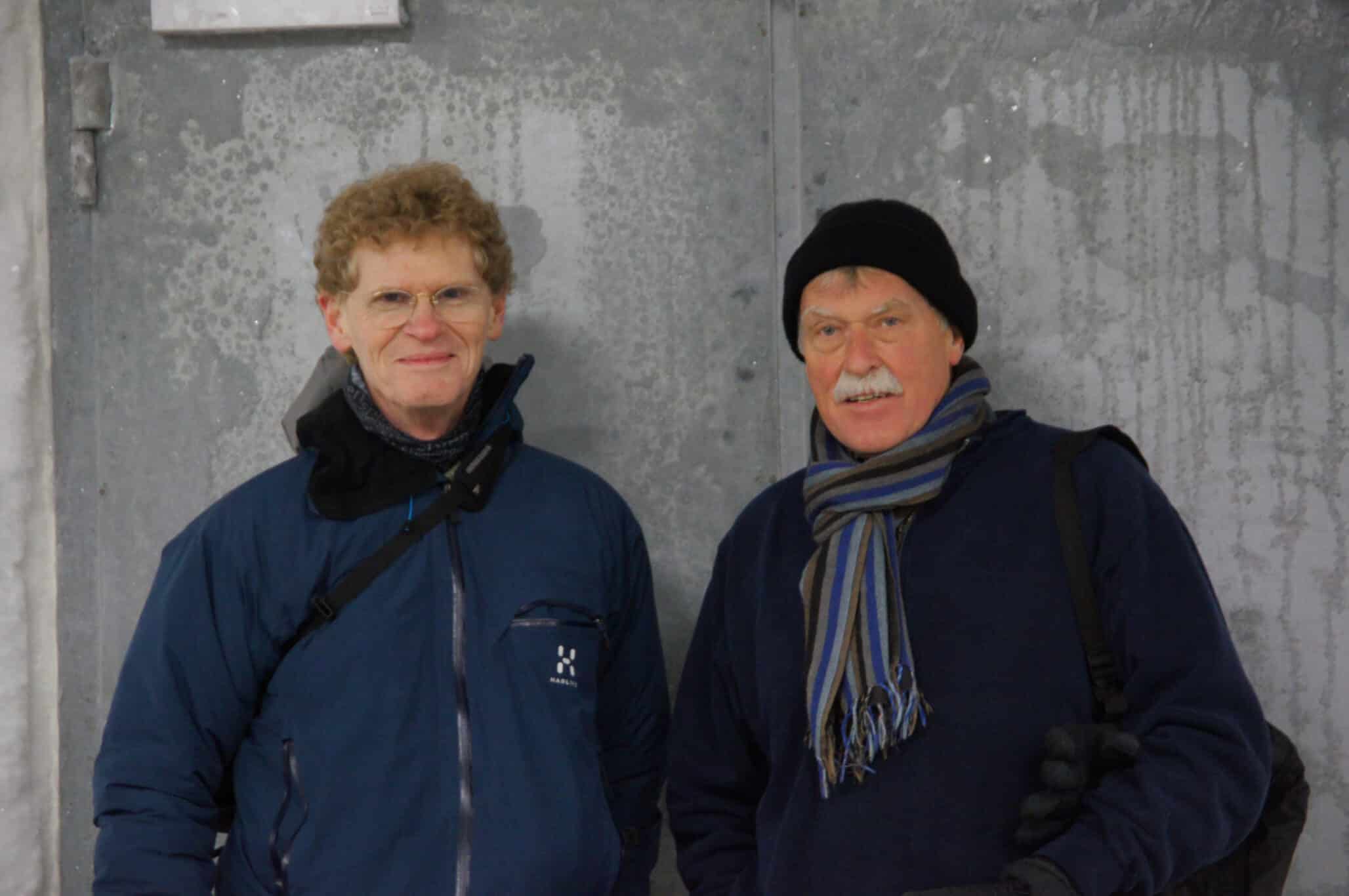Earlier this month I was heartened to see that 153 Nobel and World Food Prize Laureates had united to issue an unprecedented plea for action. Their open letter is a rallying cry for bold, innovative solutions to address the looming food crisis. In my opinion, their emphasis on “moonshot” agricultural research aligns perfectly with what we at Seed World Europe have long been advocating for in this column: innovation is key.
In a world of immense technological advancements and growing global connectivity, the reality that 700 million people remain food insecure is both sobering and unacceptable. Half of these individuals live in the shadow of acute hunger, while 60 million children under the age of five suffer from stunted growth — a life sentence of cognitive and physical impairment caused by nutritional deficiencies. The numbers alone are harrowing, but they represent an urgent call to action for the global community.

In my opinion, Europe has a vital role to play in addressing these challenges. European agriculture and plant breeding have long been at the forefront of innovation, offering sustainable solutions that can be adapted and shared globally.
However, restrictive regulations within Europe, particularly surrounding new genomic techniques (NGTs), have hindered the dissemination of breakthroughs that could benefit food-insecure regions.
As the Laureates have pointed out, failing to harness these advancements now will tie humanity to an unsustainable trajectory.
By 2050, the challenges we face today will pale compared to those on the horizon. Climate change looms large, threatening to reduce the productivity of staple crops at a time when we need them most. For maize, a vital crop across Africa, projections of yield decline paint a particularly bleak picture. Add to this the increasing frequency of extreme weather events, soil erosion, biodiversity loss, and water shortages, and it becomes clear: the current trajectory is unsustainable. Without decisive action, the vicious cycle of food insecurity and conflict will tighten its grip, further destabilizing regions already on the brink.
However, despair is not the answer — innovation is. The Green Revolution of the 20th century demonstrated that scientific advancements in agriculture could transform food production. Today, we have an even deeper understanding of biology and genetics, yet we fail to capitalize on this knowledge. As you will read further down in this issue, investment in agricultural research and development (R&D) has stagnated, hampered by regulatory barriers and a lack of bold, coordinated efforts to scale innovation. Incremental improvements will not suffice; we need transformative, moonshot initiatives to revolutionize our food systems. The Laureates’ call for planet-friendly moonshot efforts is precisely the kind of visionary thinking required.
Consider the potential breakthroughs: enhancing photosynthesis in staple crops like wheat and rice, enabling biological nitrogen fixation in cereals, developing perennial variants of annual crops, or even creating nutrient-rich foods from microorganisms and fungi. These are not pipe dreams; they are scientifically plausible goals that could redefine the boundaries of agricultural productivity and sustainability. However, such ambitions require bold investments, risk-taking, and collaboration across sectors.
Europe’s role in this transformation cannot be overstated. European researchers and policymakers must lead by example, fostering regulatory environments that encourage innovation while safeguarding public and environmental health. I feel that Europe’s contributions to agricultural R&D can inspire global efforts, particularly in developing and implementing equitable distribution systems to ensure these advances reach those who need them most. As the Laureates pointed out, the benefits of innovation must be accessible to all, especially the world’s most vulnerable populations.
The returns on these efforts would be immense, not only in economic terms but also in human potential. A well-nourished population drives productivity, stability, and innovation across societies. Yet, the benefits of these advances must extend to those who need them most. Equitable distribution mechanisms and science-based policies are critical to ensuring that no one is left behind.
Time is of the essence. By prioritizing agricultural R&D, fostering enabling regulatory environments, with effective IP systems and championing high-risk, high-reward scientific pursuits, we can chart a new course. Transforming our food systems to meet the nutritional needs of a growing population, sustainably and equitably, is one of the greatest challenges of our time. It is also one of our greatest opportunities.
To all leaders in science, innovation, and policy, please raise your voices and collective ambitions. Please advocate for and invest in the moonshots that will secure food and nutrition for future generations. I fully support the call from the 153 Nobel and World Food Prize Laureates. The cost of inaction is too great to bear. Together, we can turn the tide towards a world without hunger.













